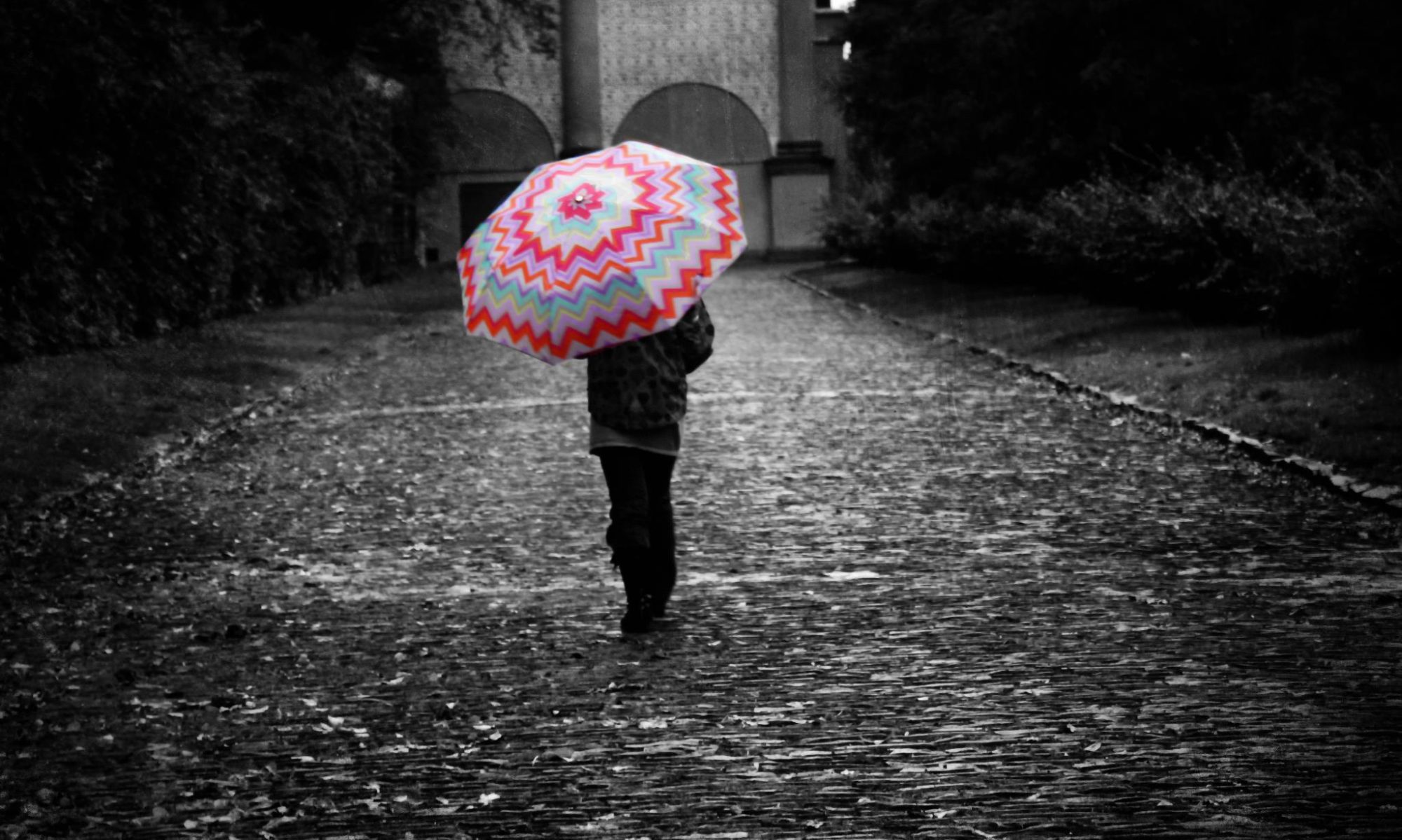
I love football season. When I was a kid, Sunday afternoons in the fall were all about NFL football and specifically, the Dallas Cowboys. When the Cowboys were not playing, I determined who I was rooting for based on a very scientific method—the color and design of their “outfits.” Still today, I find myself leaning in favor of the team with the best uniforms.
As I got older, I abandoned my love of the NFL in favor of the much more exciting world of college football. However, since I stayed home and attended a small university without any organized sports, I was never really loyal to any particular team, and the only games I saw were on television.
So, imagine my complete amazement the first time I attended an SEC football game. It was in the small town where my husband and I relocated, with one child in tow and the other on the way. As we neared the campus for that first game, there were RVs as far as the eye could see—days before the game was even scheduled to take place. Some of those vehicles had traveled hundreds of miles, or at least that’s the story told by their license plates. I just couldn’t imagine what kind of “crazies” would go to such great lengths (and expense) in order to see a simple football game. That is, until I was bitten by the bug myself.
As our love for this little town grew and it became the birthplace of our second child, our loyalties became tightly woven to the maroon and white fabric of a Bulldog jersey. It was in Starkville, Mississippi that I developed an intense hatred for our in-state rival. Surely hatred isn’t so bad when it’s directed towards a team and not a person, right? Well, especially when it’s that team. This hatred runs so deep that I can even root for the other team I hate, which shall remain nameless, when and only when they are playing our arch-rival.
I suppose football rivalries have been around as long as the game itself, and they’re certainly not confined to the professional and college level alone. I know this from personal experience as I sat in the stands of a high school football game just a few weeks ago. Although there are other high school rivalries in town, I’m relatively certain that none compares to this one. You know the situation is dire when you receive an automated call from your child’s principal warning against trespassing and vandalism during rivalry week. Yes, this particular game is very serious business.
So, as I watched the game that night, I was on the edge of my seat as the score kept fluctuating. Every time we made a touchdown, they made a touchdown. Every time we kicked a field goal, they sailed one through the uprights as well. As luck would have it, we were up by two points as the game was drawing to a close, but they had possession of the ball. We were anxiously watching the clock, hoping somehow to hasten its descent, signaling the end of the game. But to our frustration, it seemed to be stuck. Their players were moving the ball down the field, but there was no movement on the clock. Surely the officials saw it, but they certainly did nothing about it. The crowd was growing restless with agitation—and maybe a bit of anger. After all, this was not a game we were willing to lose.
When they got into field goal range, the clock had crept down to only two seconds. Their offense lined up, ready to put those final points on the board and claim their victory. . The volume grew louder and louder with our demands for the clock to be reset. When that didn’t happen, our screams were directed at the kicker, hoping to distract him into failure. In the end, it was a successful block by our defense that sealed the deal in our favor. And as you might imagine, there was a roar of jubilation across the stands. And that’s when it hit me.
We were celebrating someone else’s failure. Oh, this time was a little different since there was a block involved, but there had been another missed field goal and our reaction was the same. We were drowning in sheer delight over their downfall. Because that’s just what you do when you beat your rival in a great game of high school football. But I’m afraid the Friday Night Lights expose an ugly truth about competition off the field.
We all have rivals. Maybe it’s the person in line for a promotion you’d like to have yourself. It might be the gorgeous girl who eats whatever she wants and never gains an ounce. Or what about the couple who is having their fourth baby when you’d be happy with just one? For some of us, the rival is not in competition with us, but with our children. And we tend to do exactly what football fans do when the other team misses the winning field goal—we celebrate their failures. How is it that a loss for our rival automatically means a win for us? It doesn’t really make sense, but it does make us feel better about ourselves. And that’s how we know we’re broken on the inside.
When I finally discover my identity in Christ, I can celebrate the success of others, even when it means a failure for me. Why should I begrudge the victory that grows my character, though it often belongs to my greatest rival?
Disclaimer: These words characterize my beliefs, but rarely my behavior as I, too, am broken.
